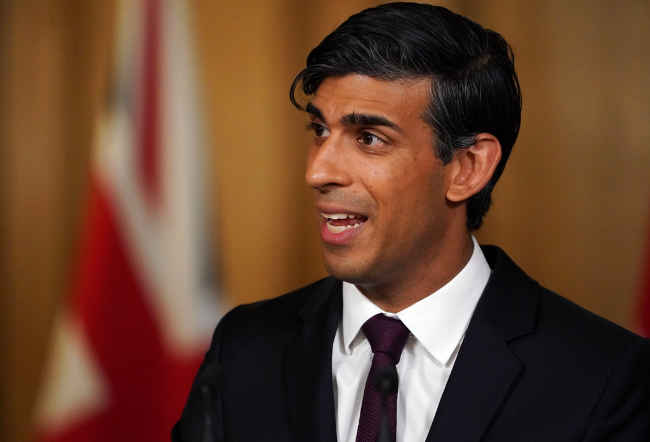UK Parliament passed Online Safety Bill: What is it?

Once this bill becomes law, social media platforms will be strictly required to remove the illegal content or stop it from appearing on people’s walls.
The bill was passed in the UK parliament and only needs the royal assent now to become law.
WhatsApp has opposed this as it says that it breaks end-to-end encryption.
The United Kingdom’s Parliament has passed the controversial Online Safety Bill. Social media platforms such as Facebook, YouTube, and TikTok will now have to face stricter standards as they will soon be guided by this law. The Online Safety Bill, which was first tabled four years ago, had faced heavy criticism and was then greatly altered. It is quite a controversial bill, to say the least. The bill aims to take stronger steps towards child protection and the removal of illegal content. Let’s find out more about this bill. Once this bill becomes law, social media platforms will be strictly required to remove the illegal content or stop it from appearing on people’s walls.
The bill was passed in the UK parliament and only needs the royal assent now to become law. Calling the Online Safety Bill a “game-changer”, Technology Secretary Michelle Donelan said, "Today, this government is taking an enormous step forward in our mission to make the UK the safest place in the world to be online.”
Also read: Online safety is crucial for India's digital future, says Google India chief
Since child security is a major motive of this bill, social media platforms will be further asked to stop children from getting their hands on dangerous and inappropriate content like porn. The bill seeks to apply age-checking measures in order to enforce stricter age limits. For this, the bill allows British telecom regulator Ofcom to scan users for child abuse content. And for this, they simply have to serve a notice to the social media companies.
Meta-owned WhatsApp has opposed this as it says that it breaks end-to-end encryption which is used to ensure user privacy and in turn, this would undermine user security. The flip side to this is that if these major tech companies do not allow this, they will be charged fines of up to 18 million pounds which is about Rs1,83,22,54,466 or they would have to pay 10% of their annual global turnover.
Also read: Snapchat releases new safety features aimed to protect teens online: Here's how
In its defense, the UK government says that the bill doesn’t mean a ban on end-to-end encryption and it is only doing so to stop child abuse. However, major tech companies are pointing out that scanning messages and end-to-end encryption are fundamentally incompatible.
We’ll have to wait and see how tech companies react to this bill once it becomes law.
Source: Reuters
Mustafa Khan
Mustafa is new on the block and is a tech geek who is currently working with Digit as a News Writer. He tests the new gadgets that come on board and writes for the news desk. He has found his way with words and you can count on him when in need of tech advice. No judgement. He is based out of Delhi, he’s your person for good photos, good food recommendations, and to know about anything GenZ. View Full Profile






